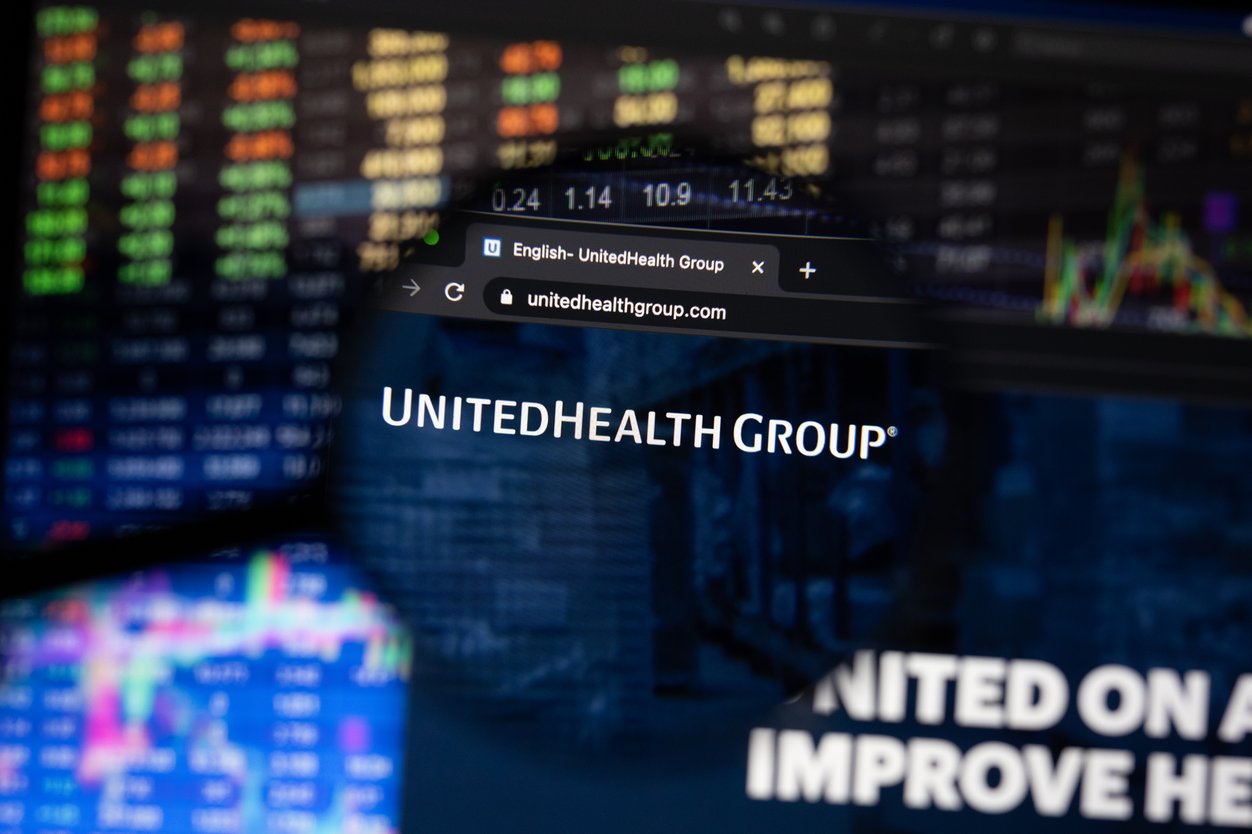closer look
Cyberattack on UnitedHealth cripples pharmacies and hospitals processing health insurance claims
Adobe
Hospitals, pharmacies, and other health care providers are stuck in an insurance processing logjam after UnitedHealth Group disclosed a cyberattack within a recently acquired subsidiary that serves as a central hub for payments across the industry. The severity of the attack started to become more apparent last Thursday after UnitedHealth disclosed a "suspected nation-state" is behind the cyberattack, which began on Wednesday.
The disruptions in care from the system outage could result in "massively lost revenue," avoidable expenses, and raised costs in the short term, said Tyler Haberle, associate chief health information officer at Intermountain Health. "This will have ripples for months, more than likely," one hospital executive said. Read more on the fallout from STAT's business reporting dream team of Bob Herman, Brittany Trang, and Tara Bannow.
research
Peanut-allergic kiddos get more than peanuts from biopharma
Last week, the FDA approved expanded use of Genentech's asthma drug, omalizumab, for use in people with food allergies. And a new, Phase 3 study of the drug published yesterday in the New England Journal of Medicine shows just how well it works, STAT's Isabella Cueto tells us. Researchers injected 177 children who had allergies to peanuts and at least two other foods with placebo or omalizumab. In the group that received the drug — a monoclonal antibody that binds to the IgE that triggers allergies — 67% were able to eat at least 600 mg of peanut protein without issue, compared to 7% of the group receiving placebo. The study also found improvement in the participants' ability to tolerate about 1000 mg of cashew, milk, and egg. "This amount of food protein is larger than a whole nut, a bite of a baked good, or a sip of milk," the study authors write.
The medication, sold under the brand name Xolair, is the first OK'd to help people accidentally exposed to food allergens. That could be good news for the 6% of adults and children who have a food allergy, according to CDC data. Some evidence suggests food allergies are becoming more prevalent, with tens of thousands of Americans going to emergency rooms each year due to allergic reactions to food.
mental health
Prescriptions to girls and young women drove an increase in youth antidepressant use
There's a mental health crisis among youth in America. We know this. But a new study found a trend in how we have dealt with it: The rate at which antidepressants are dispensed to adolescents and young adults — especially young women — has been gradually rising for years, but it sharply increased after the Covid-19 pandemic began.
The overall number of antidepressants dispensed to young people every month went up 64% after March 2020, according to research published today in Pediatrics, the journal of the American Academy of Pediatrics. That was mostly driven by young women: For girls ages 12-17, dispensation went up by almost 130%, while boys in the same age group actually saw a decrease in monthly dispensation. To calculate this, researchers analyzed national pharmacy data from 2016-2022 for people ages 12-25.
The researchers posed a few potential reasons for the rate increases: it could simply be that need increased; delays or limited access to other care such as therapy might have made medication more practical; and telehealth could have increased access to prescribing clinicians. As for the difference between sexes, it's not that boys were necessarily less depressed than before the pandemic. Likely, the decrease is due to boys receiving care less often after the pandemic began, the authors wrote. As always, more research is needed.
No comments